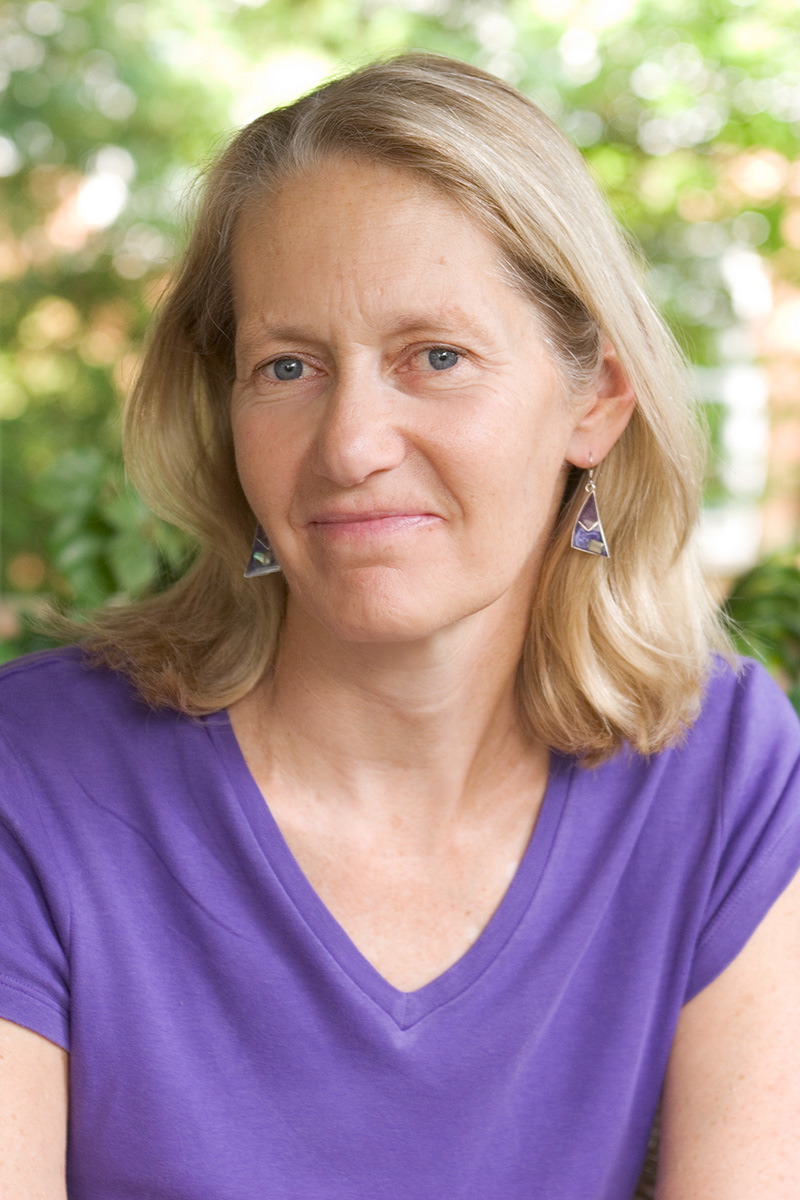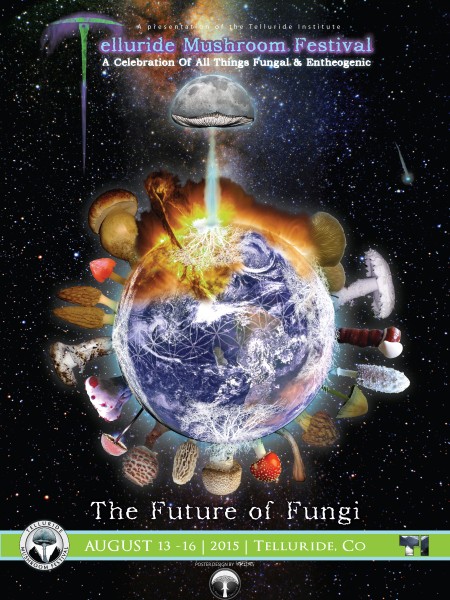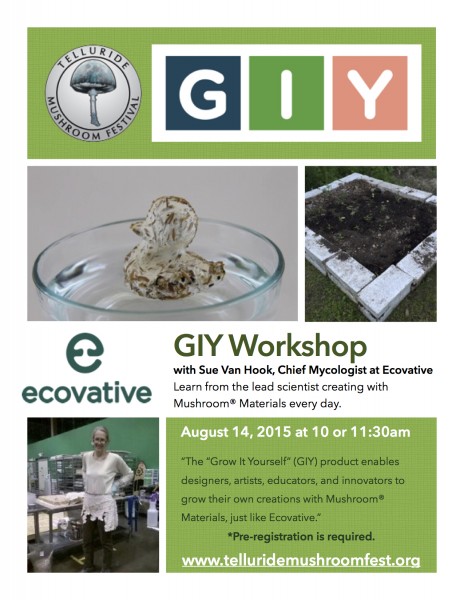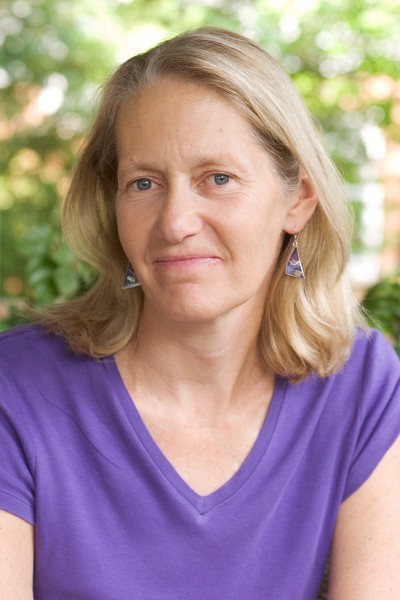
08 Aug Telluride Mushroom Festival: Keynote, Sue Van Hook
The 35th annual Telluride Mushroom Festival – Thursday, August 13 – Sunday, August 16, 2015 – with pre-conference workshops, Wednesday, August 12. Festival celebrates diverse uses of all things fungi. This year, the event is being held at the historic Sheridan Opera House, so seats are limited. If you plan to attend lectures, go on a foray, and enjoy the culinary cook-off, it is best to purchase a full festival pass. Single lecture tickets are available for lectures at the historic Sheridan Opera House for only $25 – space available. To go on a single foray, you can purchase a pass for $25. Cook-off tickets are available for a suggested donation of $10, but non-passholders may not enter the venue before 1:30 p.m. Go here to purchase passes/tickets.
One of the keynote speakers at the 35th annual Telluride Mushroom Festival is Sue Van Hook of Evocative, a eco-tech company based in New York and dedicated to producing sustainable and environmentally friendly packaging. The subject of Sue’s keynote is “Mushroom Mycelium as Natural Resin.” Ecovative is using the resin to transform plant waste into packaging shapes, particle boards, automotive parts, surfboards and buoys. The talk takes place Saturday, August 15, 7:30 p.m. at the Sheridan Opera House.
Sue Van Hook is leading two GIY (Grow-It-Yourself) workshops on Friday, August 14, at the Elks Lodge.
She is also a panelist on a Sunday talk (10 a.m.) about the “Future of Fungi.”
(Workshop spots are limited so purchase quickly in order to get to work with the mushroom materials to create your own figurine, garden bricks, lampshade, or whatever else your imagination dreams up.)
The Natural Strength of Mushrooms: Sue Van Hook & the Power of Fungi
Mushrooms are taking over the world. Mushroom mycelia networks, underground branched structures of hyphae that make up the vegetative formation of fungi, can stretch for miles:one particular mycelia growth in Oregon clocks in at approximately 2,400 acres. These vast organisms show great promise in the industrial field.
Sue Van Hook would be the first to tell you that mushrooms are not just a passing foodie fad:
“Our western world phobia with mushrooms is over… mushrooms will increase as part of our diets, as part of our medicine chests, as part of our bee hives, and as restorers of habitats.”
More about Sue Van Hook:
Sue Van Hook, a graduate of Humboldt State University with an M.A. in biology, has been enmeshed with the natural world since early childhood:
“I was fortunate as a young child to spend summers on a Maine island.”
In Maine, Sue worked on lobster boat with her grandfather, dug clams, played in tide pools, anything that kept her out of the house. That early love of her environment morphed into a life of investigation centered on fungi.
“As a scientist, I spent four decades making observations, asking questions, and testing those questions by collecting and analyzing data.”
Sue pursues natural forms of healing, partially as a result of a past battle with breast cancer:
“While undergoing treatments for nine months, I knew I had to heal my immune system response. To do that, I turned to meditation, herbal supplements, plant essential oils, and medicinal mushrooms. The healing plants, fungi, and related arts are ancient ‘knowns’ practiced for about 5,000 years. Access to them has been retained by indigenous cultures, but denied and suppressed by big pharma. While I am grateful for the chemo drugs I was given to kill the cancer cells, I also am aware the same company that poisons our ecosystems with pesticides making us sick, cashes in at the other end selling chemo drugs.”
Ecovative Design: The Industrial Application of Mushrooms
Ecovative Design is a mushroom-focused company that produces various materials composed of mushroom mycelium and agricultural waste, such as husks and stalks.
Sue’s role at Ecovative is Chief Mycologist, responsible for procuring strains of mushrooms from the wild and educating employees about the ins-and-outs of cultivating and researching fungi.
Mushrooms cultivated at Ecovative digest agricultural waste and produce a strong support material that can be used in packaging and more.
“We have already replaced plastic styrene foam packaging and carcinogenic resins in particle boards for furniture and building materials.”
Sue is passionate about the impact mushroom materials could have on industry.
“The current markets pay nothing for the ecological and health costs of their products’ entire life cycle– carcinogenic toxic styrenes. At present, there is no accountability for the long-term disposal of certain products, such as packing peanuts. And there’s a reason for that: Plastics are cheap because they are made of petroleum, which is heavily subsidized. If we chose to subsidize agricultural crops and mycelium, folks would be lining up down the street to become an Ecovative customer.”
In addition to the packaging materials mentioned above, Ecovative has other applications in the pipeline:
“We grew a mushroom insulated tiny house. We have replaced plastic foams used for art and architecture installations and surfboard cores, hand planes, and drones. We have replaced foam used in dried floral arrangements. We replaced plastic foam buoyant rings used to launch NOAA’s climate change/tsunami detection devices.”
At this point, the sky isn’t even close to the limit:
“Within the next decade, we will replace plastics used in marine fisheries and dock flotation, pursue wetland revegetation restoration, replace toxic bromide flame retardants in seat cushions, door and wall panels, headrests and bedding for cars, planes, trains, and boats.”
The promise of mushrooms is undeniable. The trick for the future will be convincing the world to return to nature when major industries lobby for the status quo.
Fingers crossed….





Sorry, the comment form is closed at this time.